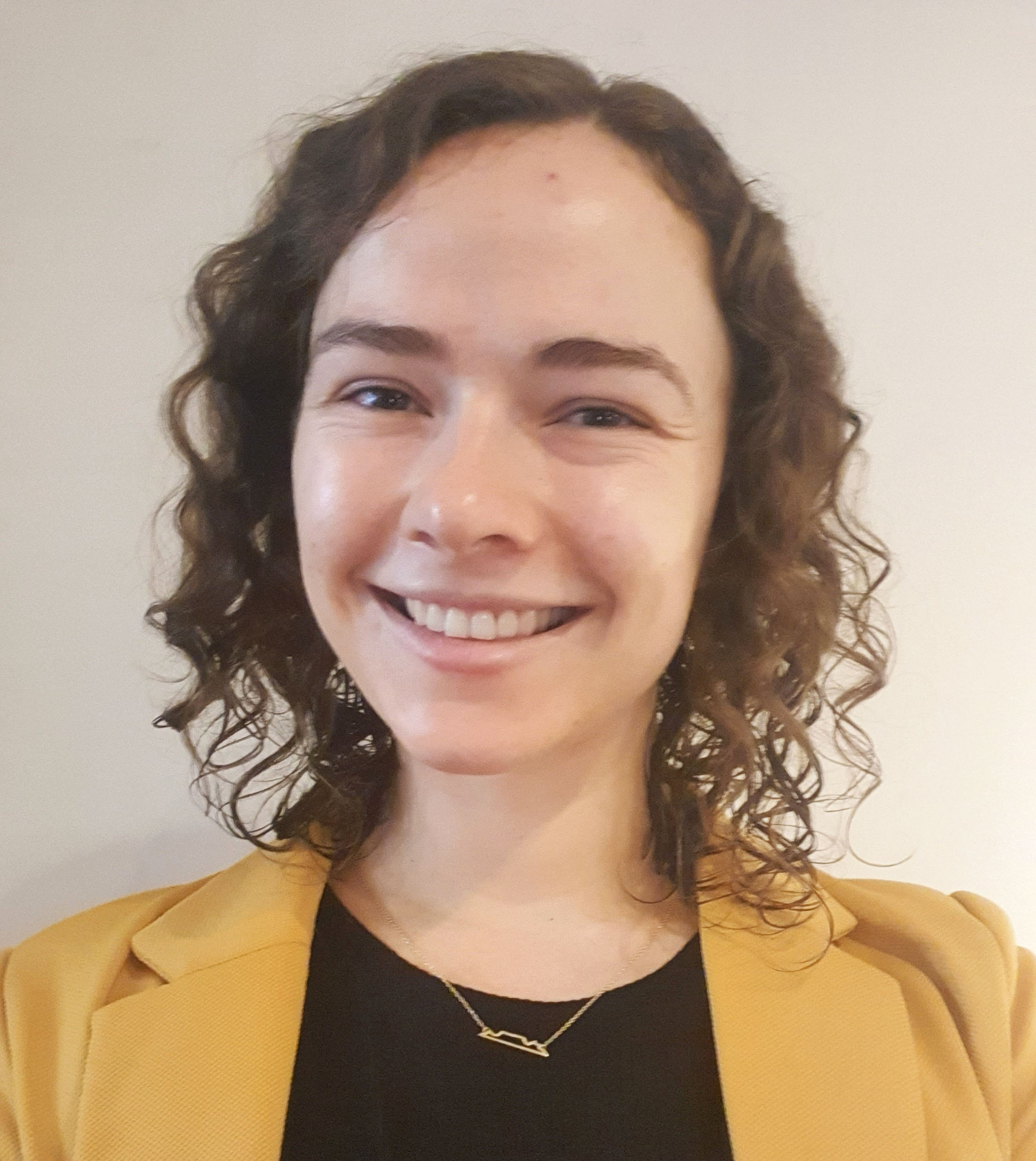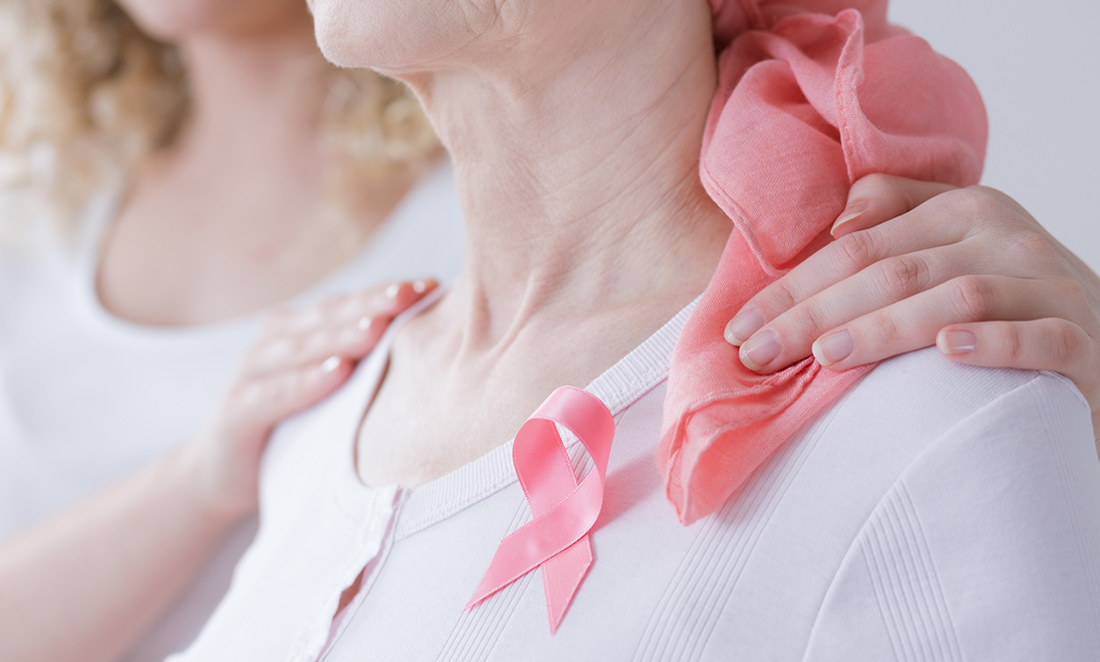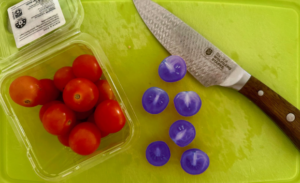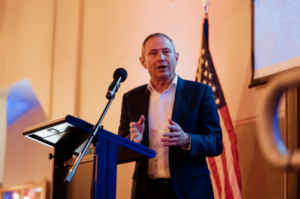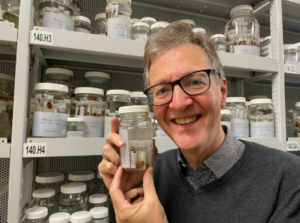In 2013, Hollywood darling Angelina Jolie announced that she had chosen to have her breasts surgically removed.
To many of us, it seemed drastic—especially given that she wasn’t ill.
But if you had an 87% chance of developing breast cancer, what would you have done? If you had seen your mother battle with cancer for 10 years to die aged 56, would you do the same?
Jolie’s decision came after genetic testing revealed that her DNA carried a potentially harmful mutation. It was a small change in the coding of her BRCA1 gene, inherited from one or both of her parents, and it potentially made her vulnerable to developing breast and ovarian cancer.
Now, similar tests will be available for free for high-risk Australian women.
HIGH-RISK GENES
In Australia, it is estimated that, out of 1000 women, about 120 will develop breast cancer at some point in their life. Of these, six women will have a family history of breast cancer.
For women with a family history of breast cancer, genetic testing can determine if they inherited a faulty gene and, with it, an increased risk of breast cancer.
These tests aren’t new. In fact, they are already available in Australia. In the past, however, people have had to fork out up to $2000 to have the test done. But from 1 November, under the Medicare Benefits Schedule, the cost will be subsidised by the Australian Government for high-risk individuals.
The test specifically looks at the BRCA1 and BRCA2 genes. These genes are tumour suppressants; they code for proteins that repair damaged DNA and prevent tumour growth. A cell that no longer has BRCA gene activity rapidly accumulates mutations that can eventually lead to cancer. We all inherit one copy of each of the BRCA genes from our mum and dad.
There are many possible mutations that can occur in the BRCA genes, and not all are harmful. However, those that are harmful can profoundly increase the chance of developing breast or ovarian cancer.
Women with a BRCA mutation also often develop cancer at a younger age.
Men who inherit a BRCA gene mutation appear to have a slightly increased risk of developing prostate, breast and other types of cancers. As with women who carry a faulty gene, these men may pass on a BRCA mutation to their children.
EARLY DETECTION THE BEST PREVENTION?
If you are tested and not found to have inherited the mutation, you can go back to normal screening. Not all breast cancer is caused by an inherited mutation. Doctors can’t really say what causes breast cancer, so it is important to be regularly examined.
If you do take the test and it is found that you do have a faulty BRCA gene, the test will then also be offered to your relatives—also subsidised by Medicare.
You will also be informed of all your options, including mastectomy, but this is not the only course of action.
Dr Melody Caramins from the Royal College of Pathologists of Australasia says genetic testing “will significantly improve the lives of Australians, offering more choice via access to affordable screening and treatment options”.
By having her mastectomy, Angelina Jolie says she reduced her chance of developing breast cancer from 87% down to 5%.
She says her children no longer fear losing her and that the choice she made makes her feel empowered. However, she could only make that choice because of the knowledge that genetic testing afforded her.
This change to the system is a milestone for modern healthcare. Currently, breast cancer is the second-largest cause of cancer death in Australian women.
There is no proven method of preventing it, but early detection can greatly increase the chance of survival.
For more information on whether these tests might be useful to you, chat to your GP.


